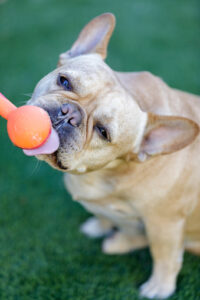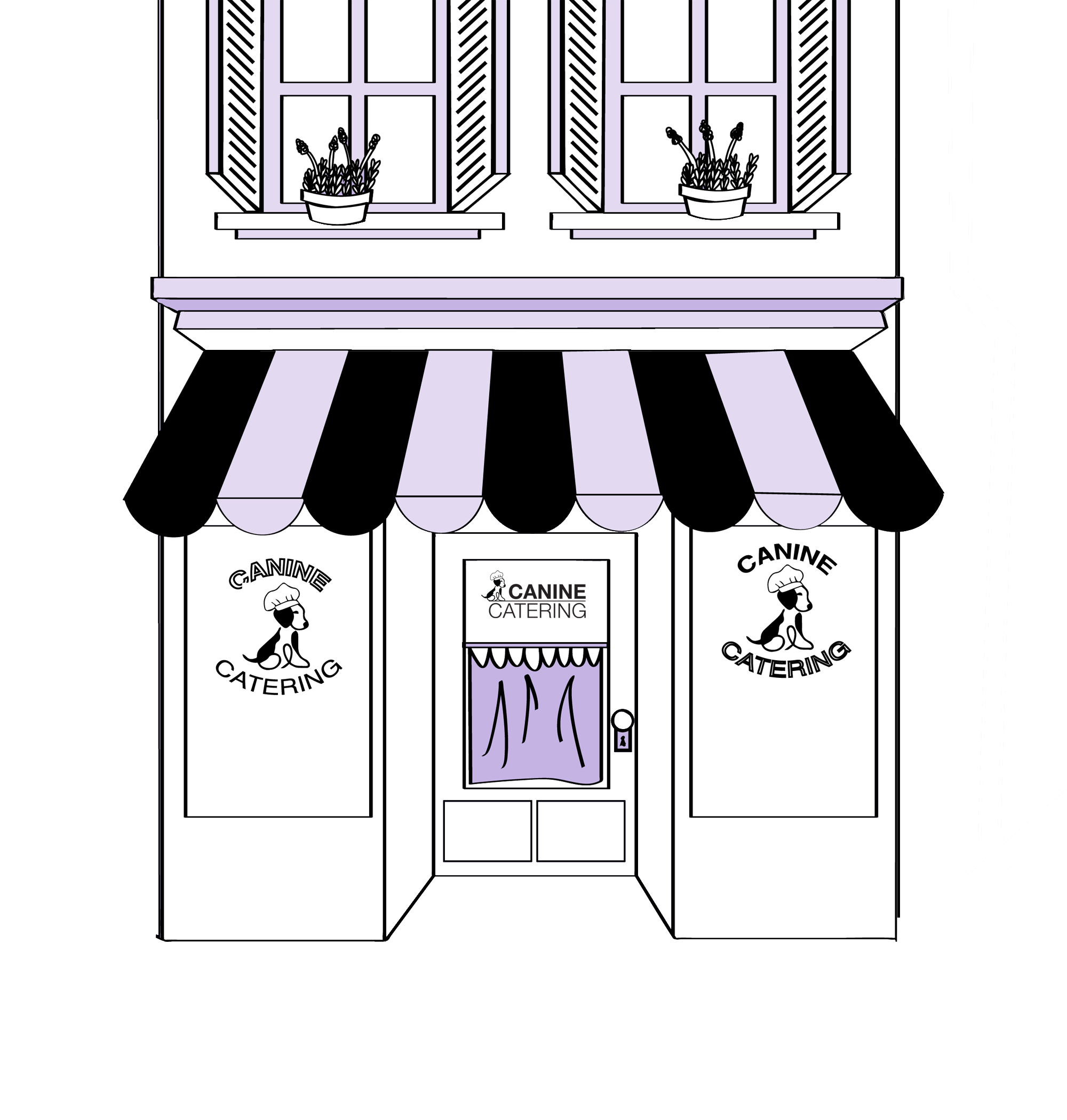Peanut butter can be a very handy adjunct to a dog’s diet.
1. It can disguise medication long enough to get it past the tongue.
2. It adds flavour and protein to meals.
3. It can keep a dog entertained, when it’s smeared into a lickmat or Kong.
Just keep in mind the following provisos to ensure it’s safe for your dog.
Key Considerations
1. Avoid Xylitol: The most critical factor when selecting a peanut butter for
dogs is to ensure it does not contain xylitol. Xylitol is a sugar substitute
that is highly toxic to dogs and can cause hypoglycemia, seizures, liver
failure, internal bleeding, and even death. Always check the ingredients
list for xylitol before offering peanut butter to your dog.
2. Limit Sugar and Salt: While some sugar and salt are not immediately
harmful, it’s best to choose natural or unsweetened peanut butter with
minimal additives. Excessive sugar and salt can lead to obesity and other
health issues in dogs.
3. Opt for Natural Options: Natural or plain peanut butter without added
flavors, preservatives, or artificial sweeteners is typically the safest choice.
These varieties usually contain only peanuts and possibly a small amount
of salt.
Peanut Butter Brands
Here are a few peanut butter brands that are generally considered safe for
dogs, as they do not contain xylitol. Formulations do change, so please double
check the ingredient list before giving to your dog.
• Bega Peanut Butter (Australia)
• Mayver’s Peanut Butter (Australia)
• Macro Peanut Butter (Australia)
• Kraft Natural (Australia)
• Woolworths Select (Australia)
• Teddie Peanut Butter (US)
• Smucker’s Natural Peanut Butter (US)
• Crazy Richard’s Peanut Butter (US)
• Adams 100% Natural Peanut Butter (US)
Serving Suggestions
• Moderation is Key: Even with the safest peanut butter, moderation is
crucial. Peanut butter is high in fat and calories, so offer it as an
occasional treat.• Stuffed Toys: Use peanut butter as a stuffing for toys like Kongs to
provide mental stimulation and entertainment for your dog.
• Training Treats: A small amount of peanut butter can be an effective
motivator during training sessions.
Signs of Allergies
While peanut allergies in dogs are rare, they can occur. Watch for signs of an
allergic reaction such as itching, swelling, or gastrointestinal upset. If you notice
any adverse reactions, discontinue use and consult your veterinarian.
By selecting the right peanut butter and serving it in moderation, you can safely
treat your dog to this delicious snack. Always remember to consult with your
veterinarian if you have any concerns about your dog’s diet or health.
Read more on healthy vs toxic foods here
Shop our meals here
Images by Kandypix, Heather Barrett and yhelfman on iStockphoto.com




